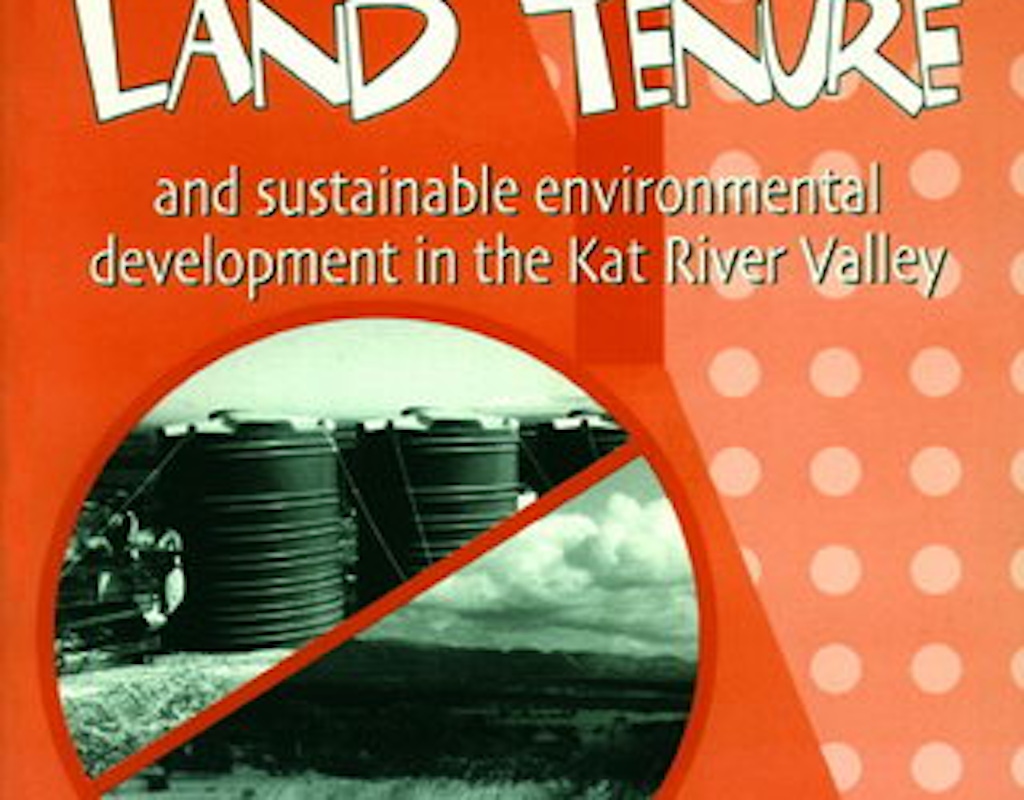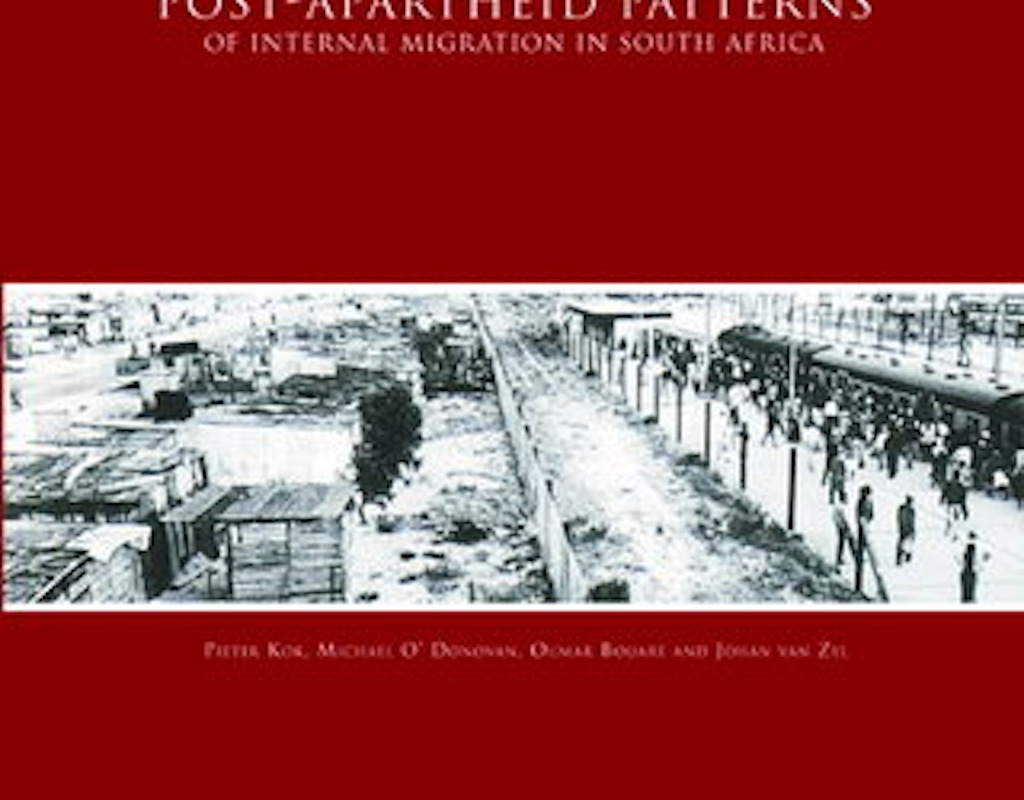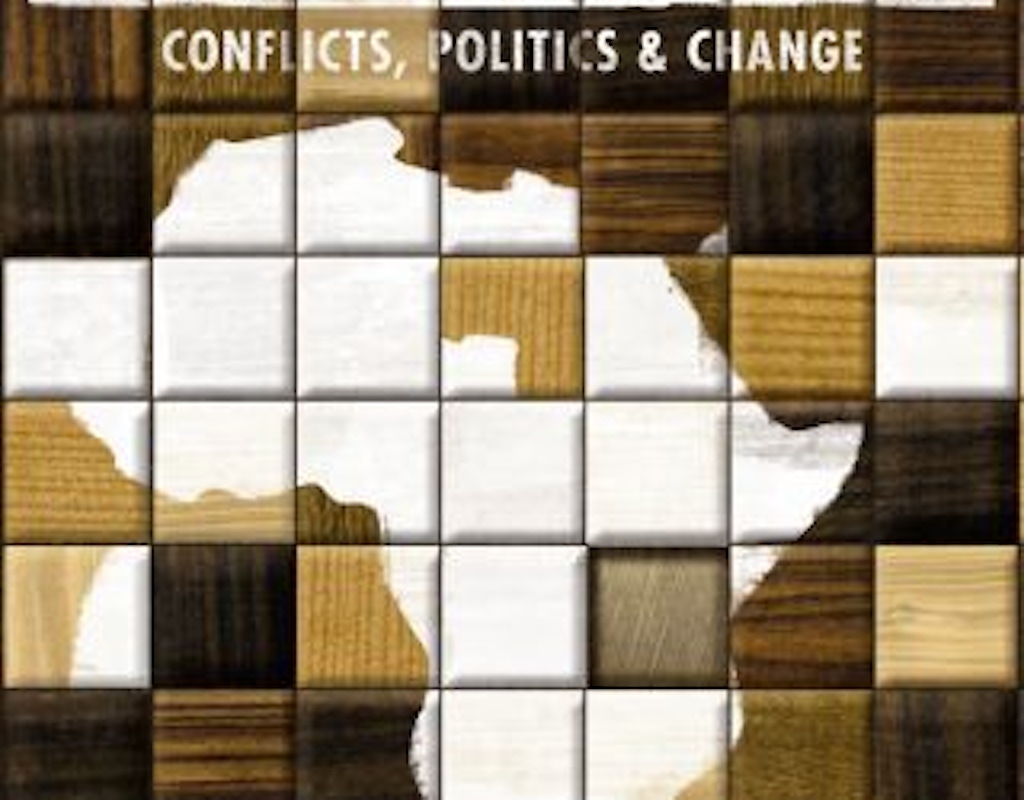
This study explores the relationship between HIV/AIDS and land rights in Kenya, with a particular focus on women as a socially vulnerable group. Combining participatory research techniques, household surveys, and in-depth person-to-person interviews, the study examines three village case studies in different parts of Kenya, and attempts to distinguish the role of HIV/AIDS in precipitating or aggravating tenure insecurity from other influences.
The primary objective is to understand the relationship between the AIDS-affected status of households and individuals and changes in their land tenure status, if any. This requires identifying both the personal factors that make some people more vulnerable than others and the contextual factors - including legal, economic and cultural - that condition that vulnerability. An important methodological component of the study is that it does not confine itself to AIDS-affected households only, but compares affected with non-affected households. Through this study HIV/AIDS emerges as a significant but not primary cause of tenure insecurity.
Product information
1. Introduction
2. Literature review
3. Context
4. Methodological approach and overview of fieldwork
5. Research findings Embu District
6. Research findings Thika District
7. Research findings Bondo District
8. Overview and synthesis of research findings
8.
9. Policy implications
Appendices
Appendix 1 Map of Kenya showing district boundaries and location of study site districts
Appendix 2 Key informants at national level and at district government level
Appendix 3 Recommendations
Appendix 4 Detailed tables based on in-depth interviews
References



